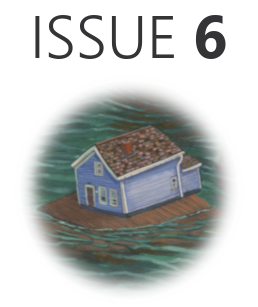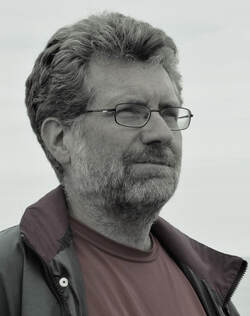Before You LeapFiction by Brian Moore
Wyatt started drawing the way any kid does: crayons on the wall, finger painting in kindergarten, connect-the-dot books for Christmas. But he didn't stop where he was supposed to stop. He kept straying off the page and the lines, as if nothing was big enough, scrawling over every scrap of paper he could find. He doodled into the white space of old newspapers and his mother's recipe magazines and the backs of handouts from school. He drew on the Learning to Read and Fun With Numbers workbooks and when he ran out of paper he tattooed his palms with ballpoint pens so that he wouldn't forget. For his birthday, his mother gave him a big notepad and a case of professional colour pencils from the art supplies store. If people came too close he covered the notepad with his arms and pretended it was homework. You didn't show off things like that. |




